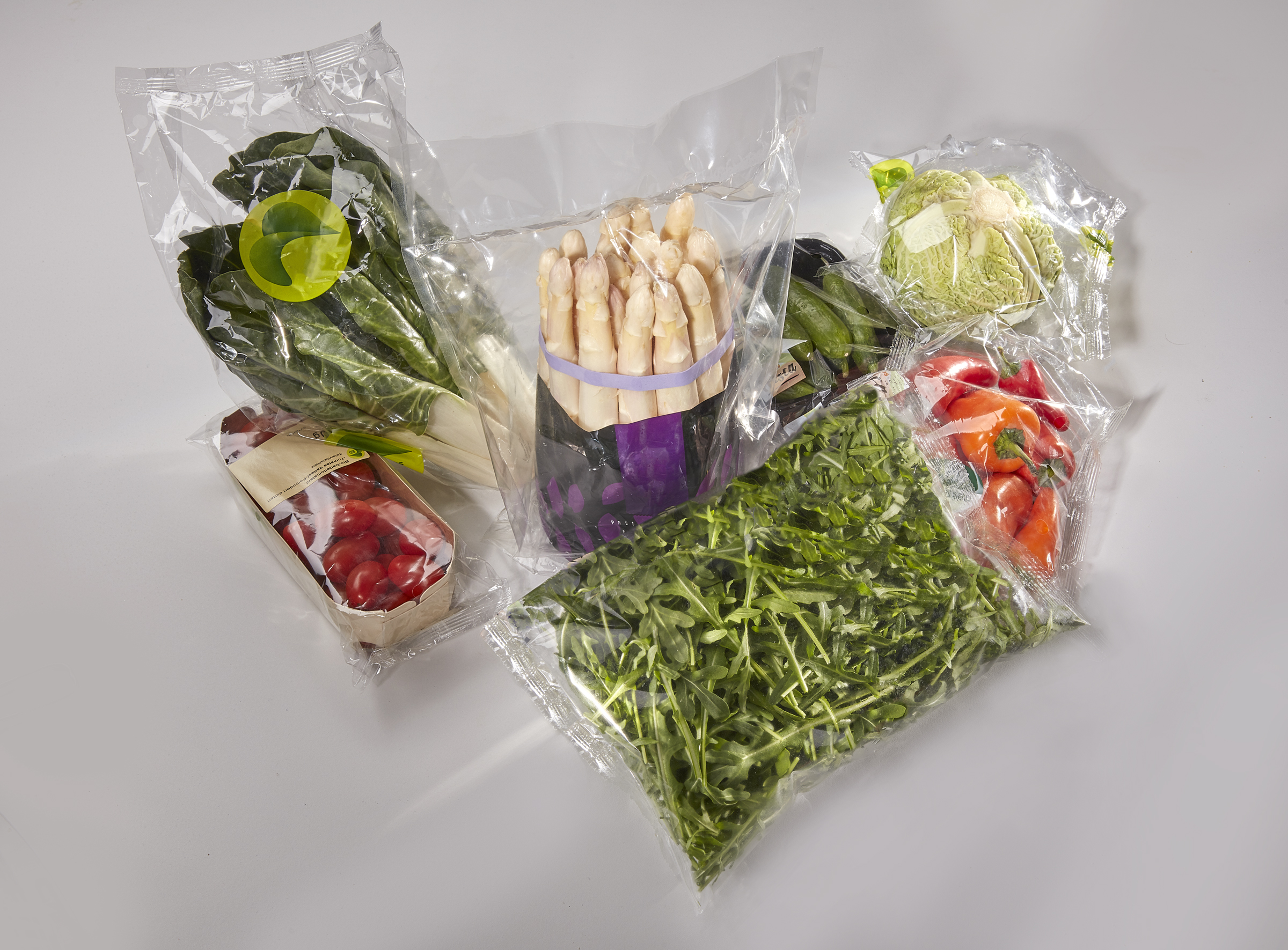Clariant additives enabling recyclability of plastics waste while sustaining valuable properties

- Besides making its additives fit for reuse Clariant’s additives now enable recycling of several plastics without degradation
- AddWorks® PKG 906 Circle supports packaging film producers in successfully recycling their polyolefin manufacturing waste without loss of performance
- Licocene® Performance Polymers maximizing recyclability and upcycling of textile flooring & artificial turf
Muttenz, September 19, 2019 – Through a “Symphony of Collaboration” with partners along the full plastics value chain, Clariant is taking proactive steps in addressing the problem of plastic pollution with new solutions for diverse industry sectors, from packaging – the main use of plastics – to textile floorings and consumer electronics. Complementing its “fit for reuse” solutions announced August 21 where Clariant demonstrated how its additives are recyclable, it now showcases the next level, turning the spotlight on how its additives can make it easier to recycle post-production and post-consumer plastic waste while keeping the material’s performance properties.
Increasing manufacturing waste reuse in packaging films. Newly-developed AddWorks PKG 906 Circle for polyolefin films is a prime example of enabling plastic packaging producers to achieve some of their critical sustainability and business goals: waste reduction, less consumption of virgin resin, lower costs and increased production efficiency. The addition of this polymer stabilizer allows producers to significantly increase the reuse of waste materials in their polypropylene (PP) and polyethylene (PE) films, recycling their own reground scrap, without any loss of performance or processing efficiency. It is particularly well-suited for biaxially-oriented polypropylene (BOPP) manufacturing but also applicable to cast and blown film processes. With Clariant’s additive, the reuse content of the post-production waste in the final film can be increased by up to 30%. At the same time, the additive is proven to protect the resin so that film quality remains excellent with significant reduction of gel formation and prevention of additional yellowing at same high line speeds. AddWorks PKG 906 Circle contributes to a more sustainable and circular economy by making plastic waste reusable, without compromising the packaging film quality and while also increasing the efficiency of the manufacturing process. This polymer stabilizer is the first Clariant product to carry the ‘Circle’ designator, introduced to highlight new products and solutions which have been specifically designed to deliver significant benefits to the re-use or recycle process.
Filling the gap in “Design for Recycling” textile flooring. Although the vast majority of carpets today are made of recyclable woven or tufted materials, most textile flooring still ends up in landfill or end-of-life incineration. This is largely due to the traditional use of a latex, water-based backing which cannot be removed from the pile fibres and creates a difficult-to-recycle material mix. Pioneering collaboration between Clariant and the Fraunhofer Institute – which developed the CreaSolv® Process – removes this obstacle and is a huge step forward for the industry in terms of achieving zero waste targets. Recyclable, EcoTain® certified Licocene Performance Polymers (LPP) deliver the benefits of a hot melt carpet backing. By replacing latex with Clariant’s 100% solid content backing solution, water and the associated drying process can be fully avoided, adding up to extensive energy savings of up to 80%, as shown in production trials with carpet manufacturers. As a result, no contaminated waste water occurs. The propylene based LPP can be recovered with at least 90% of its virgin quality for re-use via the CreaSolv® Recycling technology, ensuring a cradle-to-cradle approach. Now, flooring textiles can be recovered and integrated back into production or downcycled into other applications. The whole process provides the missing link for the industry to design fully recyclable carpets from the outset for multi-material, and now also mono-material – a significant contribution to a circular economy for flooring starting from post-consumer waste.
Clariant also offers more additives allowing recyclate-use to be increased. On the processing side, high performing lubricants can be added to recycled polymers to improve the flow and mold release properties of recyclates. A recycler of post-consumer electronic waste for example is cooperating with Clariant, using its Licolub® H 12 to modify the recyclate’s rheology at low dosages to achieve melt flow improvement during processing and ultimately help transform components that have reached their end of life into high-quality new products. Clariant is also at an advanced stage in being able to market its compatibilizer range for use in recycling to help overcome the problem of utilizing post-consumer or post-industrial mixed plastic waste streams, so that plastics from plastic-rich waste streams can be efficiently reintroduced into the primary cycle.
Stephan Lynen, Head of BU Additives, Clariant comments: “300 million tons of plastic waste are generated every year and only 2% are effectively recycled. Closing the loop for plastics starts with designing materials that are easier and economically efficient to recycle. We’re therefore very proud that we are able to innovate additives which can help plastic manufacturers to become part of the solution in the transition to a circular economy. Our support for the packaging, carpet and electronic industries are great examples of how advanced innovation can divert waste materials from landfill or incineration and make them recyclable. Our additives can help to increase recycling yields, and avoid degradation, odor and discoloration. We will continue to develop additives that increase the reuse potential of industrial and consumer waste. Our commitment is without alternative.”
Discover more on how Clariant is supporting a circular economy for plastics through sustainable innovations and collaborations. Meet Clariant leaders and partners at our “Symphony of Collaboration” K 2019 media event on October 17, 8:15am media breakfast followed by 9am press conference, Booth 8AJ11.® TRADEMARK OF CLARIANT REGISTERED IN MANY COUNTRIES.
CreaSolv® IS A REGISTERED TRADEMARK OF CREACYCLE GMBH

